Given this code:
function init() {
var id = 1234;
$("button").click(function() {
alert(id);
});
}
Basically when init is called it adds a click function on to the button.
Now lets say the button gets removed from the DOM somehow by external code. Normally, from what I understand, the garbage collector will check if the click function can be removed as well.
Will the garbage collector fail to remove the click function since the function is referencing the id variable via a closure, hence creating memory leak or will the click function be removed as well together with the DOM element?

